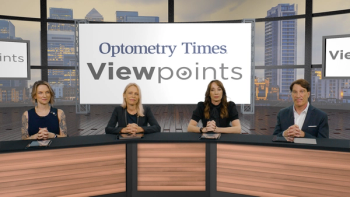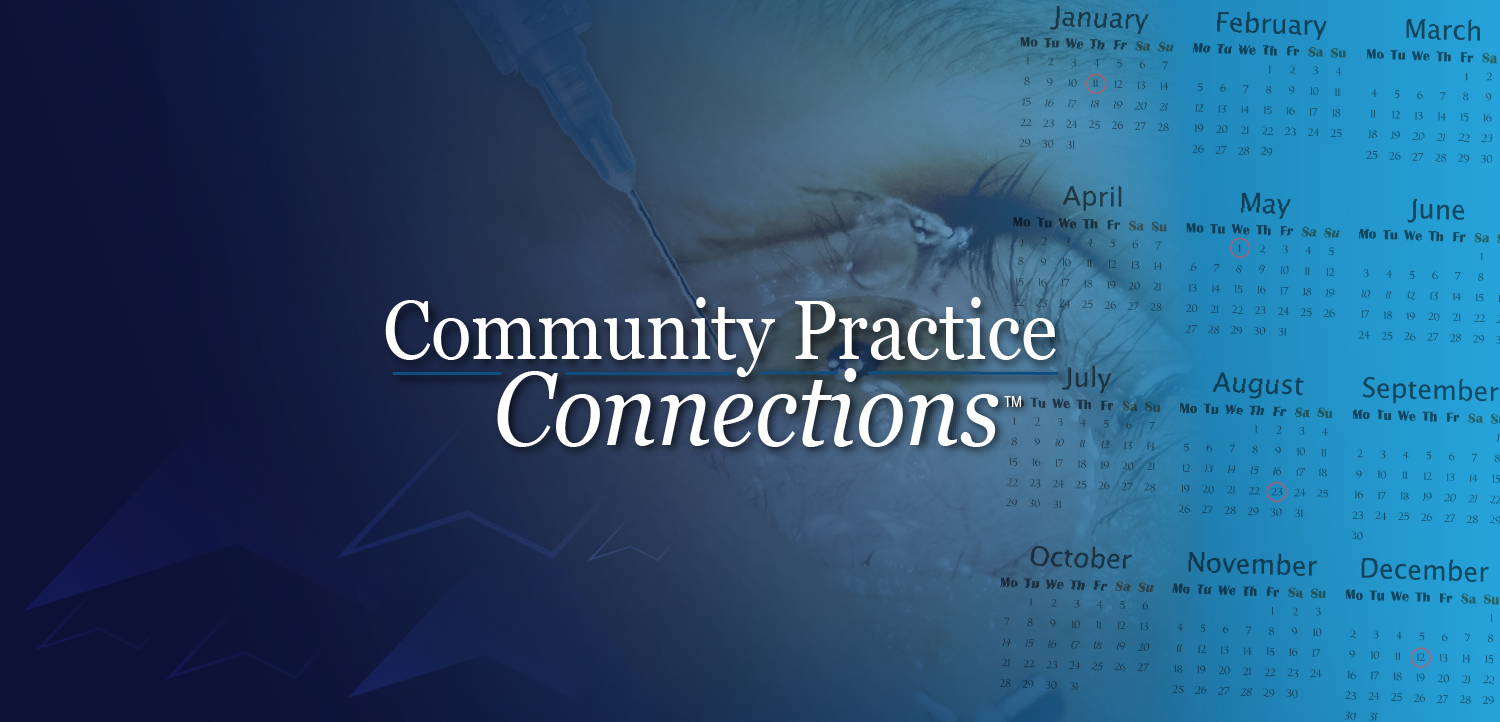
Optimizing visual performance for patients who live an active lifestyle
Graham Erickson, OD, shares highlights from his AAOpt 2022 presentation, "Optimizing visual performance for sports."
Graham Erickson, OD, sat down with Optometry Times' Kassi Jackson to share key takeaways from his presentation, "Optimizing visual performance for sports," which he presented during the 2022 American Academy of Optometry meeting held this year in San Diego.
Editor's note: This transcript has been edited for clarity.
Jackson:
Hi, everyone. I'm Kassi Jackson with Optometry Times, and I'm joined today by Dr. Graham Erickson, professor at Pacific University in Oregon. He's here to share highlights from his discussion titled, "Optimizing visual performance for sports," which he is presenting during the 2022 American Academy of Optometry meeting, held this year in San Diego. Thank you for being here, Dr. Erickson.
Erickson:
Well, thanks for having me. So this is kind of an interesting topic, because we certainly all have patients who are active and are often competitive in some of their sport pursuits. And we also have athletes that are seeking vision care. And, you know, the question is, what can we do to help these athletes? Certainly, if you ask the athlete how important vision is to their success in their sport, it's typically a pretty high factor for their success.
So we know the next question should be, "What are you doing to optimize that and make sure you are seeing the best you can?" And certainly, in most sports, being able to see details further away, offers an advantage because it gives you more time to see what you need to see in order to make the best decision and execute the most appropriate motor response.
So I will spend a little time in this course reviewing our refractive options. What should we be thinking about with competitive athlete prescriptions, we'll spend some time talking about filters, because that is a way to potentially enhance aspects of vision that are important to the sport. I'll talk a little bit about nutrition, because nutrients also can assist with contrast sensitivity, with glare disability, with photo stress recovery, and also with the cognitive processing of visual performance factors. And then I will spend some time talking about sports vision training: What sort of activities can be done to sort of keep athletes training visually, similar to what they do physically, to make sure they are ready for competition?
Jackson:
Great. And why is this important for optometrists to address?
Erickson:
Well, like I said, I think that we see patients who are active physically in terms of sport recreation, and I think it's, ah, it's one area that's neglected. I think optometry is very good about asking about occupational demands, or academic, school-related demands, and trying to offer services to help with that part of our patient's life. But we often don't really do much for the active part of their life.
Jackson:
And what does that mean for patient care being part of that active part of their life?
Erickson:
Well, I think that you get more out of your services from your eye care provider, and it's not just about getting a prescription and that's it, or only going to the eye doctor when you have a problem. But what can you do to maintain your active lifestyle?
Newsletter
Want more insights like this? Subscribe to Optometry Times and get clinical pearls and practice tips delivered straight to your inbox.












































.png)


